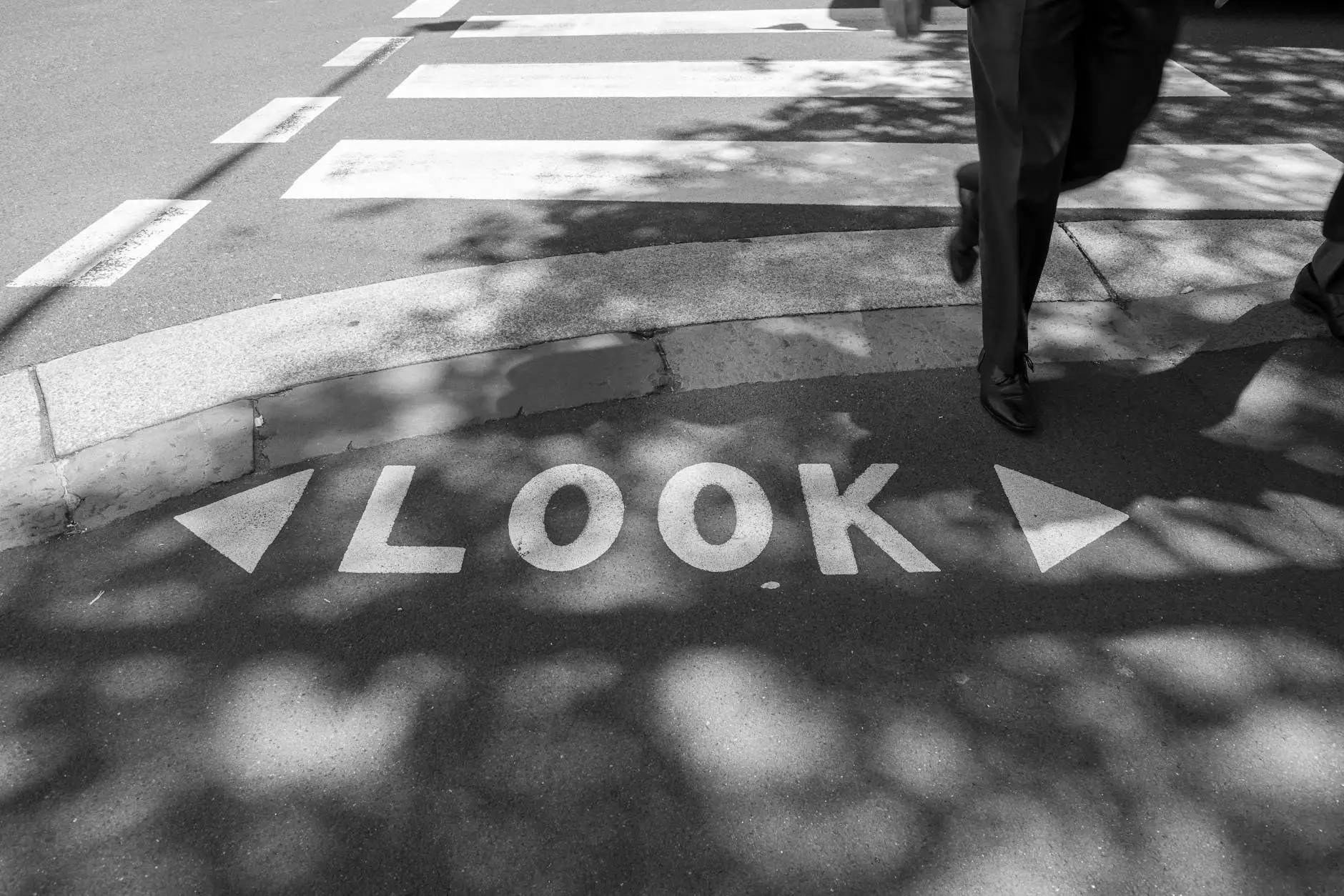Get a Hunting License: A Comprehensive Guide

In the world of outdoor sports, hunting stands out as one of the most rewarding experiences. Not only does it connect individuals to nature, but it also offers a unique blend of challenge, skill, and enjoyment. However, before you embark on this thrilling journey, you need to get a hunting license. This article will guide you through the essential steps to acquiring a hunting license, the importance of regulations, and how this quest fits into the broader business landscape.
Understanding Hunting Licenses
Hunting licenses are permits issued by state or national authorities that grant individuals the right to hunt specific wildlife. These licenses help manage wildlife populations, ensuring sustainable hunting practices and the protection of natural habitats. In essence, obtaining a hunting license is not only a mark of responsibility but also a commitment to conservation.
The Importance of Obtaining a Hunting License
Acquiring a hunting license is crucial for several reasons:
- Legal Compliance: Hunting without a license is illegal and can result in hefty fines and penalties.
- Wildlife Management: Licenses help regulate hunting seasons and quotas, contributing to balanced ecosystems.
- Safety Measures: Licensing often involves training on safe hunting practices, which is vital for personal safety and the safety of others.
- Community Support: Fees from licenses often fund conservation projects, helping preserve habitats for future generations.
Steps to Get a Hunting License
While the specific requirements can vary by location, the general steps to get a hunting license remain consistent. Here’s a breakdown of what you typically need to do:
1. Research Requirements in Your State
Every state has its own regulations regarding hunting licenses. Begin by visiting your state’s wildlife agency website to find detailed information on:
- Age requirements
- Residency rules
- Types of licenses available (e.g., small game, big game, waterfowl)
- Associated fees
2. Complete a Hunter Safety Course
Many states require prospective hunters to complete a hunter safety course before applying for a license. This course will typically cover:
- Firearms safety
- Wildlife identification
- Ethical hunting practices
- First-aid procedures in the field
3. Prepare for the Application
Gather all necessary documentation for your application, which might include:
- Proof of residency
- Certificate of completion from your safety course
- Identification documents (like a driver's license)
4. Submit Your Application
Once your documents are in order, you can submit your application through your state's designated channels, which may include:
- Online application systems
- Mail-in forms
- In-person at designated offices
5. Pay the Fees
To finalize your application, you’ll need to pay a fee, which can vary widely based on the type of license and your residency status. Keep in mind that these fees contribute to vital wildlife management and conservation efforts.
6. Wait for Approval
After submitting your application, there may be a waiting period for approval. Ensure you keep copies of your application and any correspondence for your records.
Common Challenges in the Licensing Process
While obtaining a hunting license is generally straightforward, some common challenges include:
- Document Errors: Ensure all your paperwork is correctly filled out to avoid delays.
- Course Availability: Hunter safety courses can have limited dates and availability.
- State-Specific Rules: Regulations may change, so it's crucial to stay updated through your state’s wildlife agency.
The Connection Between Hunting and Business
Interestingly, the process of acquiring a hunting license is not just a personal endeavor; it intersects with various business opportunities and sectors. Here’s how:
1. The Outdoor Recreation Industry
The outdoor recreation sector, including hunting and fishing, generates billions in revenue each year. This industry supports:
- Equipment manufacturers
- Retail outlets
- Hunting guides and outfitters
2. Conservation Funding
As mentioned earlier, a significant portion of hunting license fees goes towards conservation. This funding is critical for maintaining natural habitats and supporting local economies dependent on wildlife tourism.
3. Educational Opportunities
Hunter safety courses often create jobs for instructors and contribute to the educational services market. Teaching responsible hunting practices not only aids in licensing but also fosters a culture of respect for nature.
4. Real Estate and Land Management
Landowners often engage in land management practices that promote wildlife habitats. This opens up opportunities for:
- Real estate sales
- Land leases for hunting
Conclusion
To get a hunting license is to step into a world filled with adventure, responsibility, and community. Understanding the significance of this license and navigating the steps to obtain it is essential for successful hunting experiences. Furthermore, the intersection of hunting with various business opportunities highlights the broader economic impact of sustainable practices. As you prepare for your hunting journey, remember the importance of regulations and conservation, which ensure that future generations can enjoy the beauty of nature.
Whether you're interested in buying driving licenses or real documents, or you're eager to experience the thrill of hunting, the journey starts with informed choices and responsible actions. Embrace this adventure, support conservation efforts, and immerse yourself in the rich traditions of hunting.









